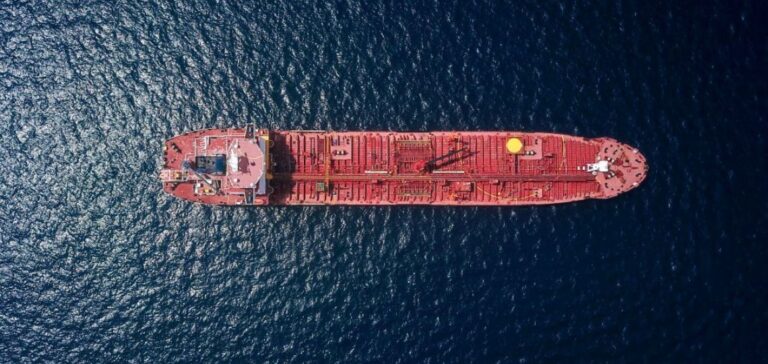Since Monday, the European Union has banned almost all shipments of Russian oil by sea, a new round of sanctions against Russia for its war in Ukraine. In addition, there is a price cap mechanism approved by the EU, the G7 and Australia, which provides that only crude oil sold at a maximum of $60 per barrel can continue to be delivered, and that beyond that, companies based in these countries will be prohibited from providing the services that make shipping possible, including insurance.
On paper, the plan is simple: to hit Russia’s financial windfall by keeping its oil at a low price instead of taking it off the market. While analysts agree that it is still too early to predict the impact, initial effects are already being felt.
Tanker bottling
Since Wednesday, oil tankers have been waiting in the Black Sea to be able to pass through the Bosphorus and Dardanelles straits, which are under Turkish control. Turkey now requires that vessels wishing to use this key trade route for the transport of Russian crude oil prove that they are covered, including in case of violation of the cap mechanism, with the presentation of a “protection and indemnity insurance” (P&I).
However, Western insurers refuse to provide a general commitment to all shipowners. The London P&I Club said Monday that the “Clubs”, groups of insurers who pool their risks on these risky and expensive marine covers, “cannot and should not send” such a guarantee because it would be “a violation of Western sanctions”.
Marcus Baker, Marsh’s global head of Marine & Cargo, says P&I Clubs are taking a “no-nonsense” approach here. All commercial vessels are required to carry this special marine insurance, covering everything from war risks to collisions or environmental damage such as oil spills.
Some 90-95% of the P&I insurance market is in the hands of insurers in the European Union and the United Kingdom, who are therefore no longer allowed to insure oil cargoes selling for more than $60 per barrel. The cap mechanism “adds another layer of complexity to an already complicated situation,” Baker says, an effect that could slow Russian oil exports and “have the effect the G7 wanted anyway.
Circumventing the sanctions
However, on the market side, the cap on the price of Russian crude in itself does not change much, says Craig Erlam of Oanda. Urals, the main reference variety of Russian oil, is currently already trading below $60, making the cap inoperative.
In addition, “Moscow is trying to circumvent the insurance ban by providing its own coverage to potential clients through the state-controlled Russian National Reinsurance Company,” says UniCredit’s Edoardo Campanella. Many analysts also mention an increase in “dark tankers” or clandestine oil tankers, whose ownership is unclear. Relying on data from the International Energy Agency (IEA), Campanella says some 100,000 barrels per day of oil shipments in September “did not have destination information,” compared to 450,000 barrels per day in October. Questioned by AFP, a shipping company manager specializing in refined oil products who wished to remain anonymous, even defends that “there is enough shipping capacity in what can be called the shadow fleet (…) so that Russia can sell its oil without taking into account the price cap.
In addition to this, there are vessels that do not care about sanctions, refiners who are willing to pay much more for the transportation of Russian crude, as they would still gain in comparison to other varieties of crude that trade at higher prices. According to the official, shipping costs “could be somewhere between seven and ten times the normal amount.”






















